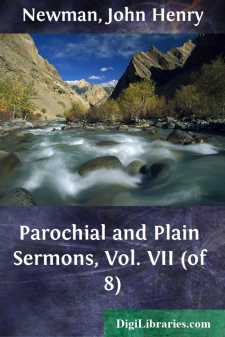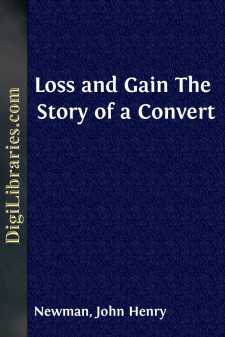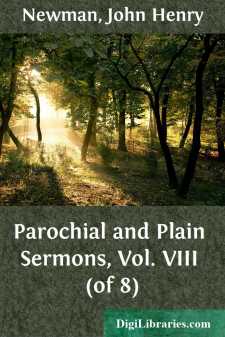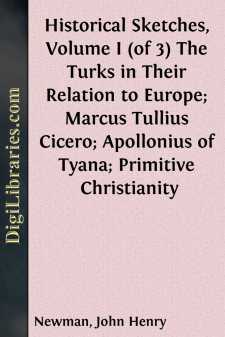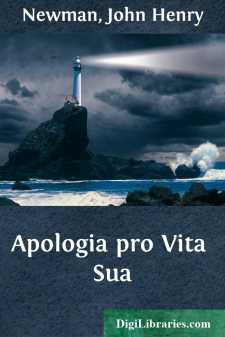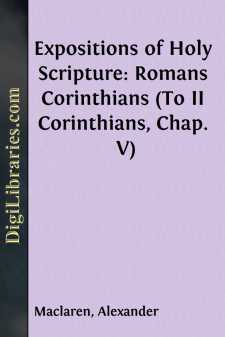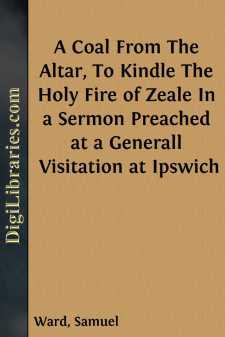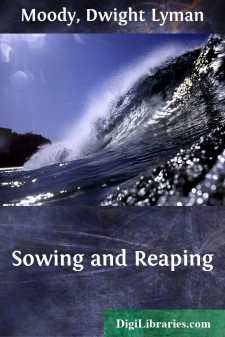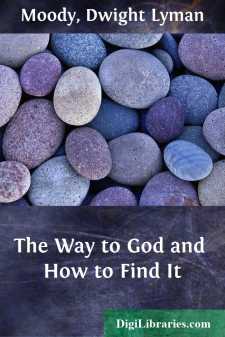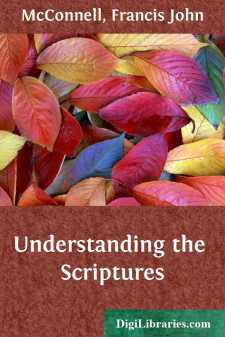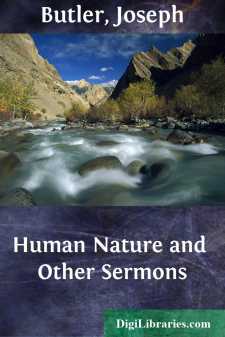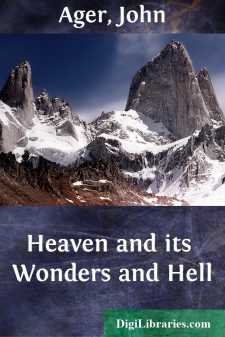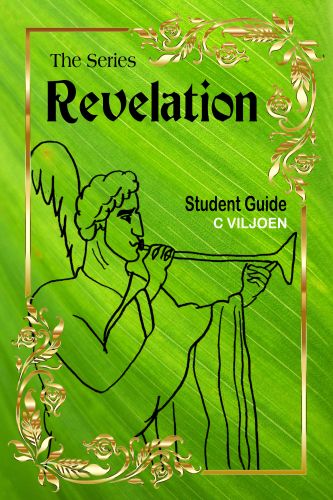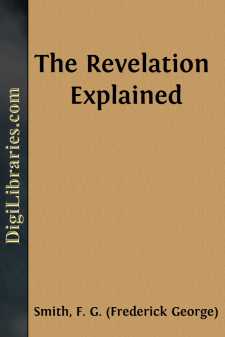Categories
- Antiques & Collectibles 13
- Architecture 36
- Art 48
- Bibles 22
- Biography & Autobiography 813
- Body, Mind & Spirit 142
- Business & Economics 28
- Children's Books 17
- Children's Fiction 14
- Computers 4
- Cooking 94
- Crafts & Hobbies 4
- Drama 346
- Education 46
- Family & Relationships 57
- Fiction 11829
- Games 19
- Gardening 17
- Health & Fitness 34
- History 1377
- House & Home 1
- Humor 147
- Juvenile Fiction 1873
- Juvenile Nonfiction 202
- Language Arts & Disciplines 88
- Law 16
- Literary Collections 686
- Literary Criticism 179
- Mathematics 13
- Medical 41
- Music 40
- Nature 179
- Non-Classifiable 1768
- Performing Arts 7
- Periodicals 1453
- Philosophy 64
- Photography 2
- Poetry 896
- Political Science 203
- Psychology 42
- Reference 154
- Religion 513
- Science 126
- Self-Help 84
- Social Science 81
- Sports & Recreation 34
- Study Aids 3
- Technology & Engineering 59
- Transportation 23
- Travel 463
- True Crime 29
Parochial and Plain Sermons, Vol. VII (of 8)
Description:
Excerpt
SERMON I.
The Lapse of Time.
"Whatsoever thy hand findeth to do, do it with thy might; for there is no work, nor device, nor knowledge, nor wisdom, in the grave, whither thou goest."—Eccles. ix. 10.
Solomon's advice that we should do whatever our hand findeth to do with our might, naturally directs our thoughts to that great work in which all others are included, which will outlive all other works, and for which alone we really are placed here below—the salvation of our souls. And the consideration of this great work, which must be done with all our might, and completed before the grave, whither we go, presents itself to our minds with especial force at the commencement of a new year. We are now entering on a fresh stage of our life's journey; we know well how it will end, and we see where we shall stop in the evening, though we do not see the road. And we know in what our business lies while we travel, and that it is important for us to do it with our "might; for there is no work, nor device, nor knowledge, nor wisdom, in the grave." This is so plain, that nothing need be said in order to convince us that it is true. We know it well; the very complaint which numbers commonly make when told of it, is that they know it already, that it is nothing new, that they have no need to be told, and that it is tiresome to hear the same thing said over and over again, and impertinent in the person who repeats it. Yes; thus it is that sinners silence their conscience, by quarrelling with those who appeal to it; they defend themselves, if it may be called a defence, by pleading that they already know what they should do and do not, that they know perfectly well that they are living at a distance from God, and are in peril of eternal ruin; that they know they are making themselves children of Satan, and denying the Lord that bought them, and want no one to tell them so. Thus they witness against themselves.
However, though we already know well enough that we have much to do before we die, yet (if we will but attend) it may be of use to hear the fact dwelt upon; because by thinking over it steadily and seriously, we may possibly, through God's grace, gain some deep conviction of it; whereas while we keep to general terms, and confess that this life is important and is short, in the mere summary way in which men commonly confess it, we have, properly speaking, no knowledge of that great truth at all.
Consider, then, what it is to die; "there is no work, device, knowledge, or wisdom, in the grave." Death puts an end absolutely and irrevocably to all our plans and works, and it is inevitable. The Psalmist speaks to "high and low, rich and poor, one with another." "No man can deliver his brother, nor make agreement unto God for him." Even "wise men die, as well as the ignorant and foolish, and leave their riches for other[1]." Difficult as we may find it to bring it home to ourselves, to realize it, yet as surely as we are here assembled together, so surely will every one of us, sooner or later, one by one, be stretched on the bed of death....


